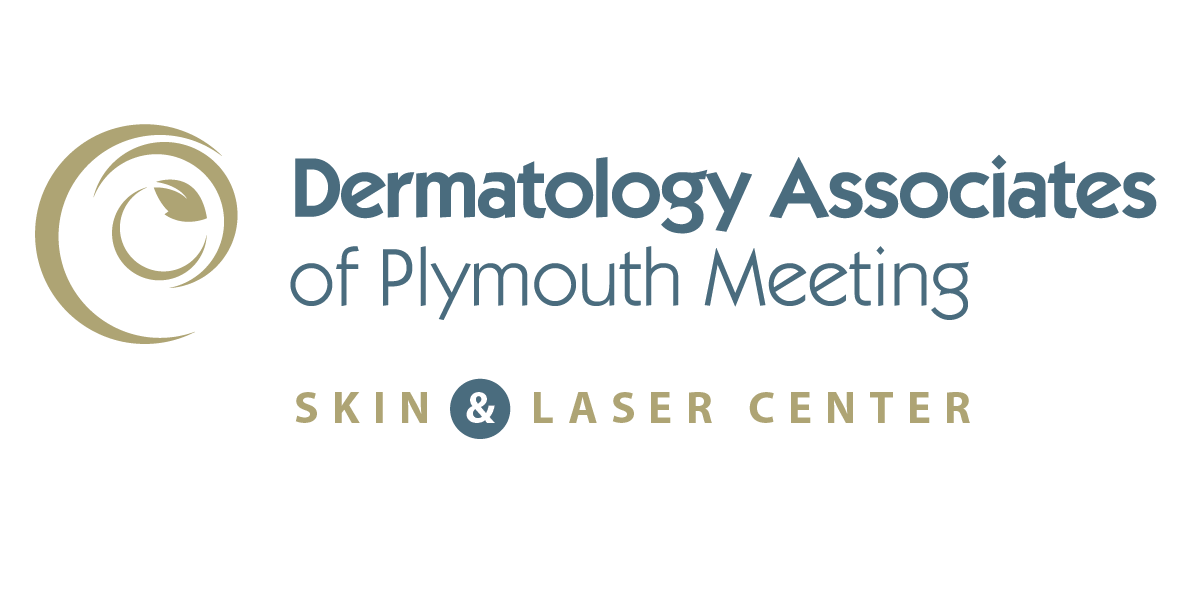What’s on Your Plate Can Affect Your Skin’s Glow

What’s on your plate affects your skin’s glow more than you might expect. While skincare products and genetics influence how your skin looks and feels, nutrition plays a supporting role that’s often overlooked.
At Dermatology Associates of Plymouth Meeting, many of our patients ask whether certain foods could be contributing to breakouts, redness, or dullness. While diet isn’t the sole cause of most skin conditions, it can influence how the skin responds to treatment, inflammation, and daily stressors. Understanding the link between what you eat and how your skin behaves can help you make more informed choices on the path to healthier, more radiant skin.
The Connection Between Food and Skin Conditions
Diet alone typically doesn’t cause dermatologic conditions, but certain foods may contribute to flare-ups or exacerbate symptoms. For example, high-glycemic diets—those rich in refined carbohydrates and sugars—have been linked to more frequent or severe acne. These types of foods can cause spikes in blood sugar, which may lead to inflammation and increased oil production in the skin.
On the other hand, consuming a more balanced, nutrient-dense diet may help support skin clarity and resilience. Diets that emphasize whole grains, lean proteins, fresh fruits and vegetables, and healthy fats may help reinforce the skin’s natural defenses and limit inflammatory triggers.
Common Dietary Factors in Dermatology
Dairy
Some people observe that their acne or eczema worsens when they consume dairy products, especially skim milk. While the scientific community hasn’t reached a firm conclusion on the exact link, there’s enough anecdotal evidence for many individuals to experiment with reducing or eliminating certain dairy items. This decision is best made in conversation with a healthcare provider, especially if other symptoms are involved.
Sugar and Refined Carbohydrates
Foods such as white bread, candy, sweetened beverages, and processed snacks can cause rapid increases in blood sugar levels. Over time, this may lead to chronic, low-grade inflammation, which has been linked to acne and other inflammatory skin conditions. While sugar isn’t necessarily harmful in small amounts, frequent spikes in glucose levels can place stress on the skin and body.
Omega-3 Fatty Acids
Healthy fats are essential for maintaining skin moisture and overall function. Omega-3 fatty acids, found in sources such as salmon, walnuts, chia seeds, and flaxseed, have been studied for their anti-inflammatory benefits. Regular intake may help support the skin’s barrier function and soothe certain inflammatory responses. For individuals with conditions such as psoriasis or eczema, omega-3 fatty acids may offer added support as part of a comprehensive treatment strategy.
Zinc and Antioxidants
Zinc is an essential mineral involved in wound healing and inflammation regulation. Antioxidants, such as vitamin A, vitamin E, and vitamin C, help neutralize free radicals that can damage skin cells and accelerate the appearance of aging. Diets that include colorful fruits, dark leafy greens, nuts, seeds, and whole grains can provide a wide range of skin-supporting nutrients.
When to Talk to a Dermatologist
It’s easy to find advice online about so-called “skin-clearing diets,” but it’s important to remember that each person’s skin is unique. If you’ve been struggling with breakouts, persistent redness, or unexplained irritation, a board-certified dermatologist can help identify potential contributing factors, including nutrition. At Dermatology Associates of Plymouth Meeting, we take the time to learn about each patient’s lifestyle and health history to design personalized care plans that support long-term results.
In some cases, food-related concerns may overlap with allergies or sensitivities. A dermatologist can help determine whether it makes sense to investigate these possibilities, either through patch testing or by collaborating with other healthcare professionals.
Supporting Healthy Skin Through Smarter Food Choices
Food alone won’t resolve most skin conditions—but it can either support or work against your treatment efforts. When patients come to us with questions about how their eating habits might relate to issues like acne, eczema, or rosacea, we don’t rely on assumptions or generalizations. We offer informed, personalized recommendations rooted in science and experience.
At Dermatology Associates of Plymouth Meeting, we combine clinical insight with a personalized understanding of each patient’s health to support informed, confident care decisions. Nutrition is just one part of the skin health puzzle, and recognizing its role can bring you closer to skin that feels healthy, balanced, and resilient. If you’re starting to notice a connection between your eating habits and how your skin responds, we encourage you to schedule a visit with one of our board-certified specialists.
